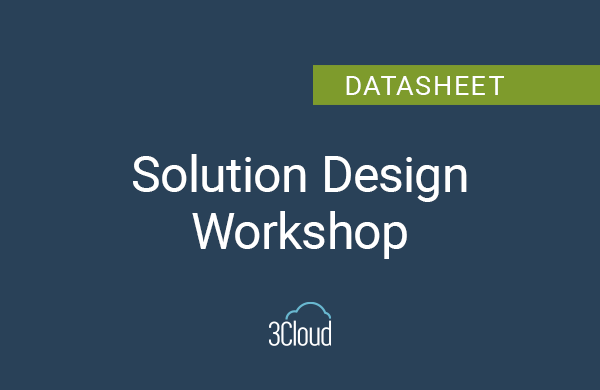If you don’t know about Azure Functions, I’ll tell you how they can make development more productive and how they are a great solution for running small pieces of code, or functions, in the cloud. They allow you to write just the code you need for the problem at hand without worrying about a whole application or infrastructure to run it.
Azure Functions lets you develop serverless applications on Azure. The key features of Azure Functions are:
- Choice of Language – You can use your language of choice such as C#, F#, JAVA and PHP.
- Pay-Per-Use Pricing Model – Pay only for the time spent running your code.
- Bring Your Own Dependencies – Functions support NuGet and NPM, so you can use your favorite libraries.
- Integrated Security – Provides HTTP triggered functions with O-Auth providers such as Azure Active Directory, Facebook, Google, Twitter and Microsoft Account.
- Simplified Integration – Easily leverages Azure services and Software as a Service offerings.
- Flexible Development – Code your functions right in the portal or set up continuous integration and deploy your code through GitHub, Azure DevOps Services and other supported development tools.
- Open Source – The Functions runtime is open source and available on GitHub.
Functions are a great solution for processing data, integrating systems, working with Internet of Things and building simple APIs and microservices. Consider Functions for tasks like image or order processing, file maintenance or any task that you want to run on a schedule.
Functions provide templates to get you started with key scenarios including:
- HTTP Trigger – Trigger the execution of your code by using an HTTP request.
- Timer Trigger – Execute clean up or other batch tasks on a predefined schedule.
- Cosmos DB Trigger – Process Azure Cosmos DB documents when they are added or updated on collections in a NoSQL database.
- Blob Trigger – Process Azure Storage Blobs when they are added to containers. You may use this for an image resizing.
- Queue Trigger – Respond to messages as they arrive in an Azure Storage queue.
- Event Grid Trigger – Respond to events delivered to a subscription in Azure Event Grid. Supports a subscription-based model for receiving events which includes filtering. This is a good solution for building event-based architecture.
- Event Hub Trigger – Responds to events delivered to an Azure Event Hub. Particularly useful in application instrumentation, user experience or workflow processing and IoT scenarios.
- Service Bus Queue Trigger – Connect your code to other Azure Services or on premises services by listening to message queues.
- Service Bus Topic Trigger – Connect your code and other Azure or on premises services by subscribing to topics.
Azure Functions supports triggers, which are ways to start execution of your code, and bindings, which are ways to simplify coding for input and output data.
There are 2 pricing plans available:
1. Consumption Plan – When your Function runs, Azure provides all the necessary computational resources, so you don’t have to worry about resource management and you only pay for the time that your code runs.
2. App Service Plan – You run your Functions like your web apps. When you’re already using the App Service for other apps, you can run your Functions on the same plan at no additional cost.
Need further help? Our expert team and solution offerings can help your business with any Azure product or service, including Managed Services offerings. Contact us at 888-8AZURE or [email protected].




